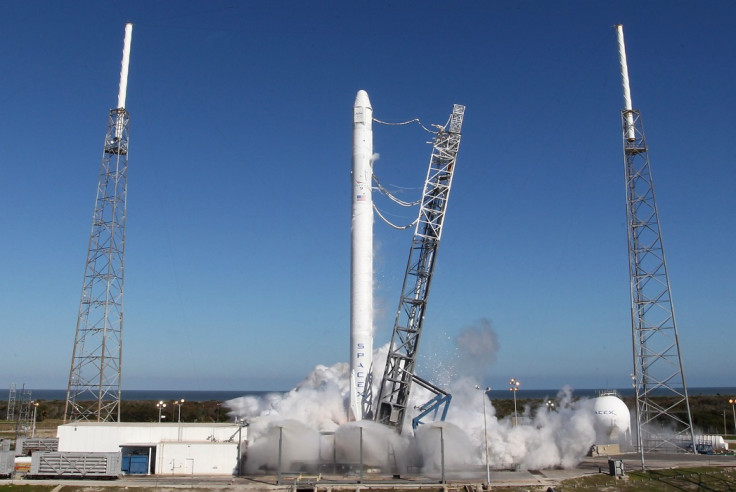SpaceX Falcon 9 v1.1 Rocket Expected to Take Off Today After Reschedule

SpaceX Falcon 9 v1.1 advanced rocket that is designed to launch six new ORBCOMM satellites into the earth's orbit, is expected to take off on 21 June.
The rocket with better engine capability was initially cleared to take off on 20 June, but technical issues prevented it.
SpaceX's Falcon 9 rockets are built on a two-stage configuration, and come with nine first stage engines, which ensure that the rocket safely reaches the end of its mission even if it encounters an engine failure.
According to a Space report, Falcon 9 v1.1 was grounded on Friday due to a pressure decrease that was detected by engineers in the rocket's second stage. Originally, the advanced rocket was slated to take off at 6:08pm from Florida's Cape Canaveral Air Force Station.
Now, SpaceX Falcon 9 v1.1 (part of ORBCOMM's OG2 mission) is expected to blast off into earth's orbit on Saturday at 5:46 PM EDT (2146 GMT). However, there are no official confirmations regarding this.
Nevertheless, enthusiasts wanting to follow the latest updates from SpaceX can check out the official webcast of the SpaceX Falcon 9 takeoff event.
Falcon 9 two-stage rocket created a history of sorts in 2012 when it launched a Dragon space vehicle for communications with the International Space Station (ISS). This mission made SpaceX the first 'Advanced Rocket Manufacturer' to enter the ISS.
SpaceX's Falcon 9 advanced rockets have served as NASA's cargo delivery agents, ever since their success in 2012
With the latest launch of its newer satellites waiting to take place officially, ORBCOMM has placed its best foot forward in terms of offering enhanced data satellite data services to its customers.
© Copyright IBTimes 2024. All rights reserved.





